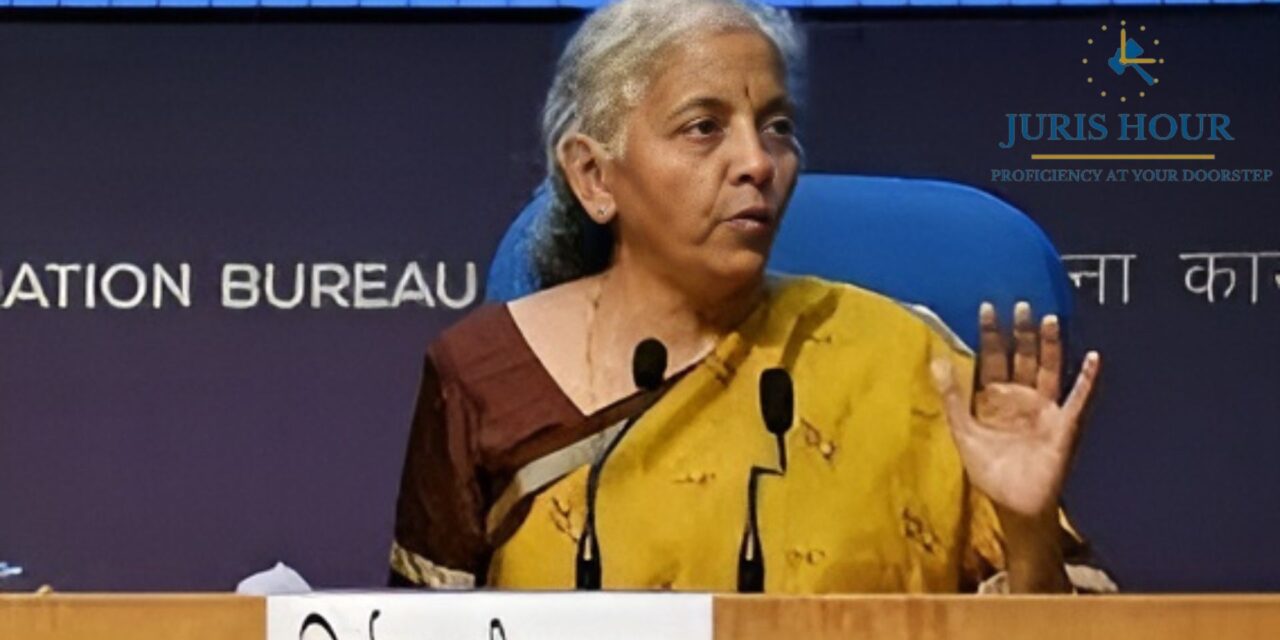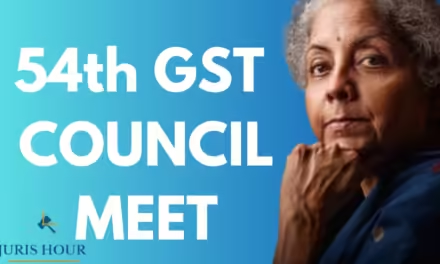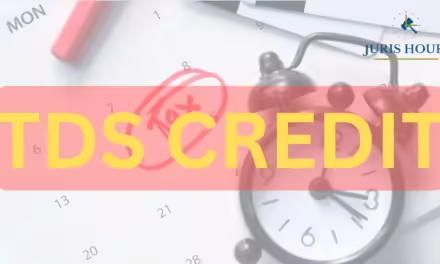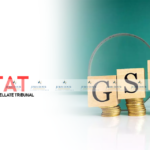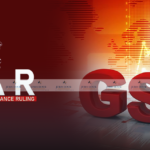Author: Khushi J. Prajapati
Introduction
India’s Goods and Services Tax (GST) Council meets at intervals to examine and propose changes to the GST system for its suitability in the dynamic economic environment. The 53rd GST Council Meet was also a milestone since it addressed multiple relevant matters that affect both consumers and enterprises. To simplify tax processes, lessen the burden of compliance, and encourage growth in the economy, the council put forward several recommendations that are anticipated to significantly impact on GST system.
It was one of the main topics that were discussed at the 53rd meeting; bringing down the prices of necessary items is another way to make sure they are available to everyone. Family-oriented policies for low-income earners in addition to poverty alleviation strategies would include a decrease in taxes on basic goods as a major tool to achieve basic needs and a better quality of lifeabilité. Furthermore, the council concentrated its efforts on enhancing the effectiveness of the tax rebate system, which is an essential aspect of it for businesses working by GST. Simplifying Input Tax Credit (ITC) processes will help make tax compliance easier and lessen the burden on firms when it comes to administration.
The backbone of India’s economy is composed of small and medium enterprises (SMEs), which often face considerable challenges in complying with GST regulations. Recognizing this, the council suggested ways to simplify GST procedures for these businesses to promote growth and ease operational difficulties. Moreover, to boost international trade, the council recommended exemptions for Export-Oriented Units (EOUs), ensuring Indian products remain competitive on the global stage.
Another important area of interest was the use of technology to improve the efficiency and transparency of tax administration. The council intends to use advanced IT systems to make tax processes easier and error-free. Such technological advancements are expected to lead to a more solid and transparent tax environment.
KEY RECOMMENDATIONS
- Refund for additional IGST on Upward Price Revision
Under the “any other” category, exporters can file a refund application for extra IGST paid as a result of increased prices in FORM GST RFD-01. They must attach statements 9A and 9B, as well as other documents as per statutory requirements. Refund applications amounting to less than ₹1,000 will not be processed. In cases where there are price reductions, the exporters need to repay the relevant IGST refund received, along with the applicable interest.
- Reduction in TCS Rate for ECOs
By Section 52(1) of the CGST Act, electronic commerce operators (ECOs) are required to deduct tax at source from net taxable supplies. The rate of TCS has been lowered from 1% (0.5% CGST + 0.5% SGST/UTGST or 1% IGST) to 0.5% (0.25% CGST + 0.25% SGST/UTGST or 0.5% IGST). This alleviates some of the economic pressure on suppliers who use these platforms.
- Exemption from GSTR-9 for Small Businesses
In the financial year 2023-24, registered individuals with a total turnover of up to ₹2 Crore will not be required to file FORM GSTR-9 as their annual return. This reduces the compliance burden on small enterprises.
- No Interest on Delayed GSTR-3B Filling for the amount in ECL
Interest won’t be charged on that amount if it has been debited from ECL on or before the GSTR-3B due date during the time of return filing after the due date. This provision under Section 50 of the CGST Act provides relief by excluding such amounts from interest calculations for delayed return filings.
- Revised Due Date for GSTR-4 Filling
For starting from the financial year twenty twenty-four and twenty-five, filing FORM GSTR-4 by Composition Taxpayers will now be done by the thirtieth of June instead of thirty April. Therefore, this change allows more time for Composition Taxpayers to prepare and file their returns correctly.
CONCLUSION
The GST councils’ 53rd meeting made five important recommendations that can improve the GST system in India. One of its main purposes is to ensure that essential goods are more affordable and thus help reduce the financial burden on common people by cutting down on the Goods and Services Tax to make their basic needs less expensive. It is expected that streamlining the Input Tax Credit (ITC) process will make compliance easier for businesses, especially small and medium enterprises (SMEs), by cutting down on administrative workloads. The suggested GST compliance simplifications for SMEs can create a better atmosphere that enhances business and boosts it by fostering entrepreneurship.
The reason for GST exemptions on Export-Oriented Units (EOUs) is to make Indian products more competitive in the world so that there could be an increase in exports. Furthermore, the focus on technology-based tax administration aims to improve efficiency, transparency, and accuracy in GST. All these recommendations together display a holistic way of dealing with contemporary problems and promoting economic development by making it possible to have a fairer and better functioning GST system for everybody concerned.

